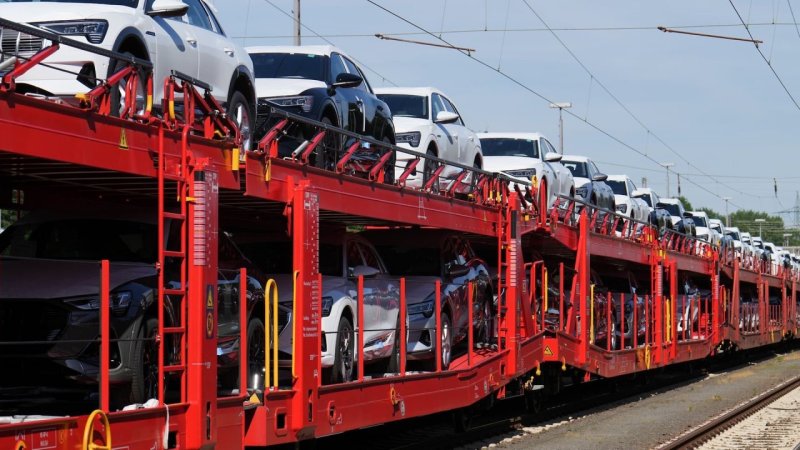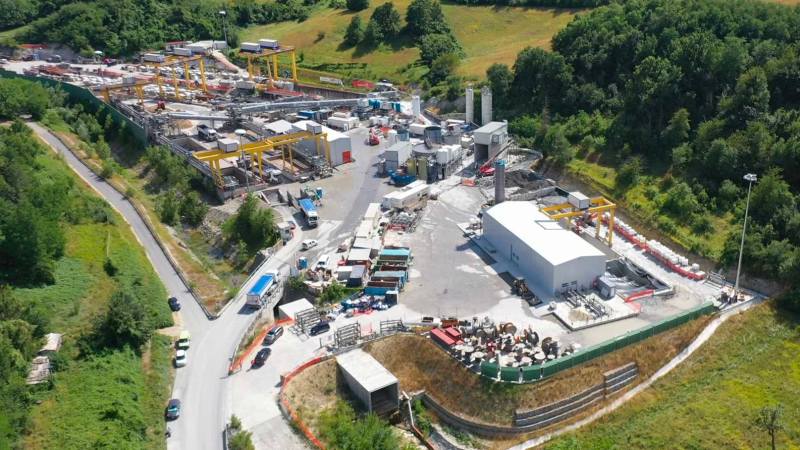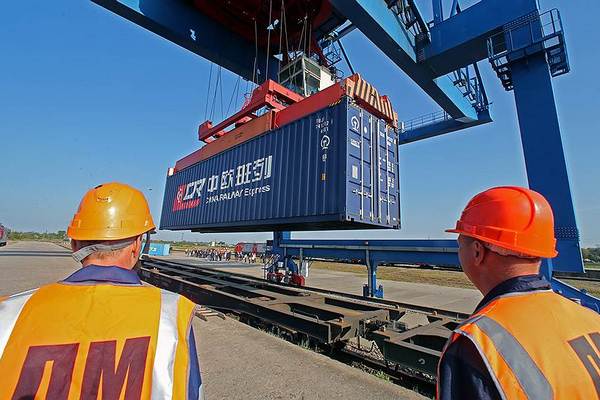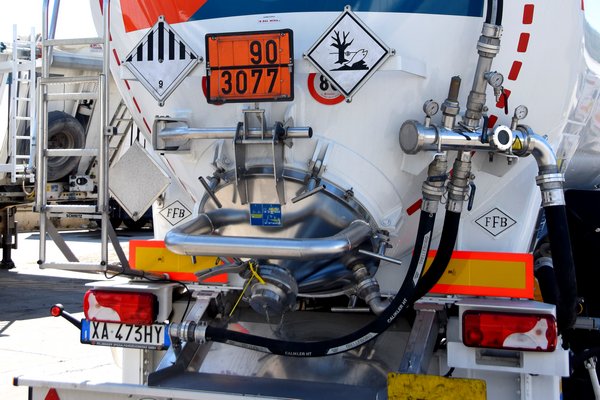According to data released by China Railway, from January 1 to April 30, 2024, 6,184 freight trains traveled from China to Europe, transporting 675,000 TEUs. These figures represent significant growth compared to the same period the previous year, with a ten percent increase in the number of trains and an eleven percent increase in cargo units. This growth is also attributed to the Red Sea crisis, which is lengthening transit times and increasing maritime transport costs.
However, the railway is also facing issues causing delays. In the second week of May 2024, maintenance work near Dostyk (in Kazakhstan, at the border with China) significantly slowed down train speeds. After departing from Alashankou (in the Xinjiang Uyghur Autonomous Region) and Khorgos (in the Almaty Region), trains encountered a severe shortage of wagons in Dostyk and Altynkol (also in Kazakhstan), with container reload times (due to different rail gauges) extended to between seven and fifteen days. Additionally, the situation at the European border points of Brest and Malaszewicze indicates transshipment times of around three to five days. The increase in trains arriving in Neuss and Hamburg in Germany has delayed the issuance of travel documents, affecting cargo delivery.
According to Cargo Talk, transit times for trains bound for Europe are 15 days for the Xi'an-Duisburg Express, 22-24 days for Chongqing-Duisburg/Hamburg, and 19 days for Zhengzhou-Mala. Railway transport tariffs are also on the rise: rates from Chengdu and Chongqing to cities such as Mala, Warsaw, Łódź, and Milan have increased by over 5%, while rates from Chinese coastal ports to cities like Hamburg, Duisburg, and Budapest have increased by over one hundred dollars. Most sites offer rental contributions for return trips ranging between 900 and 1,000 dollars.































































